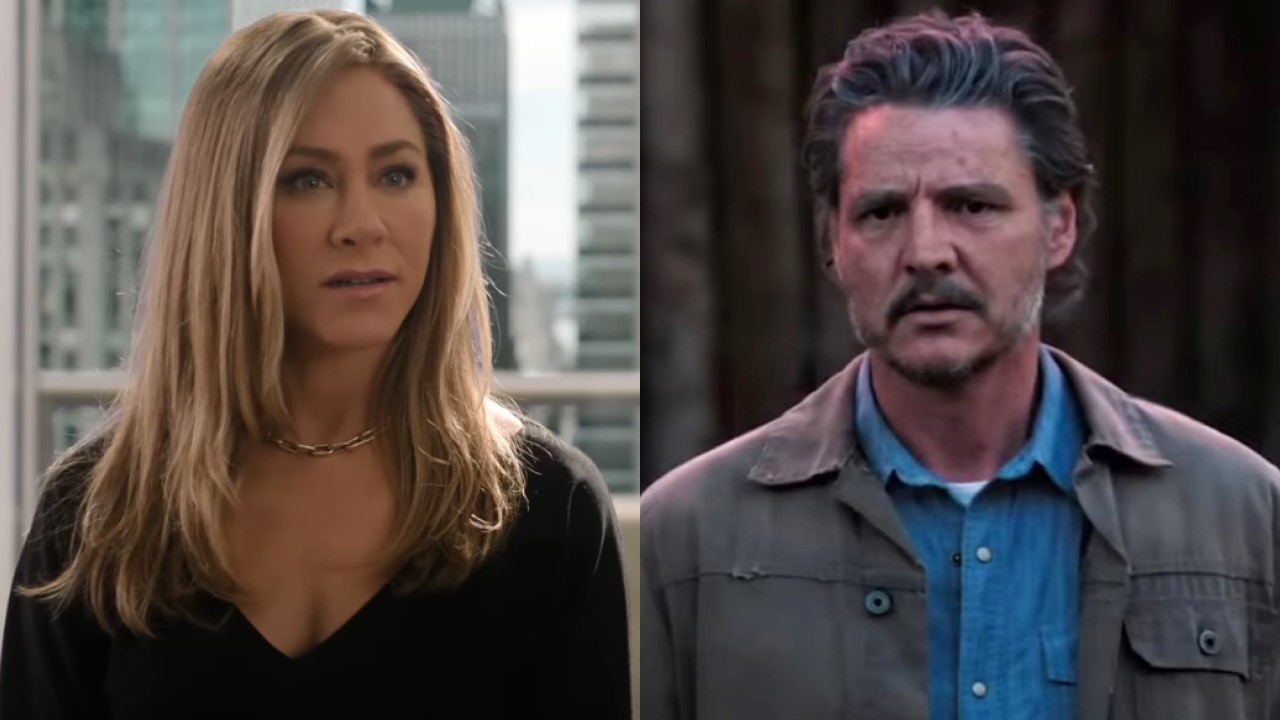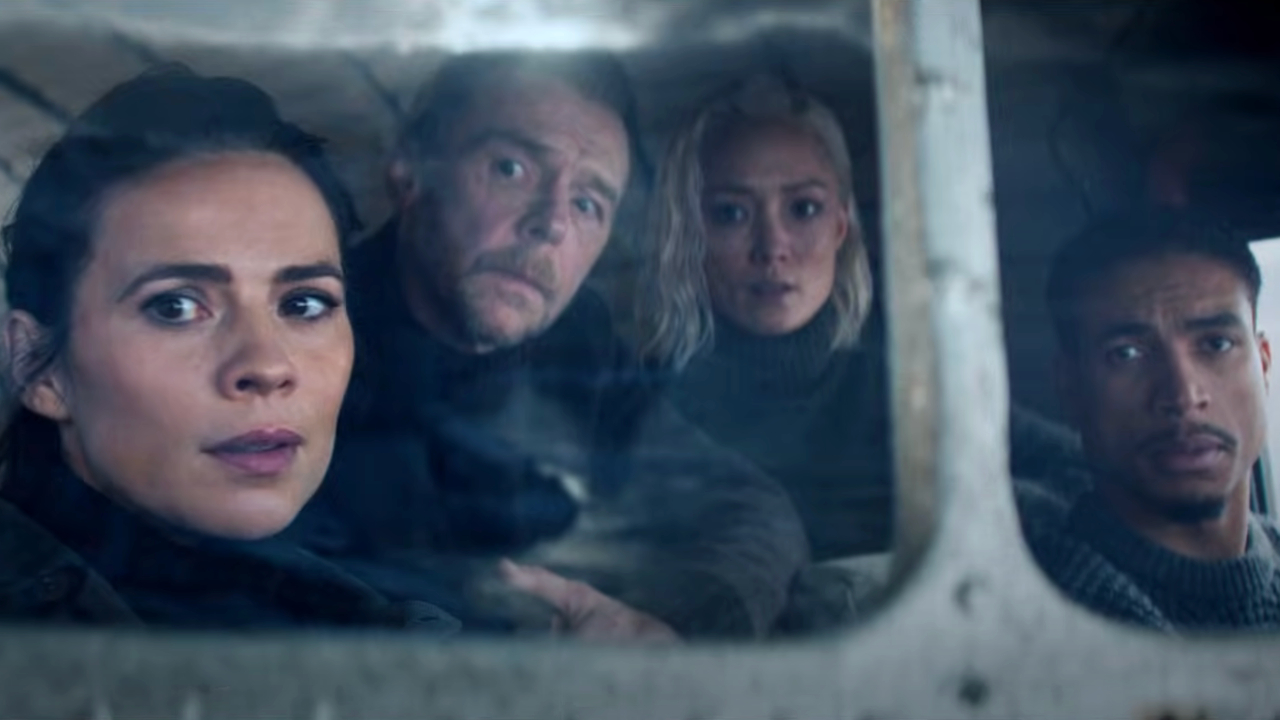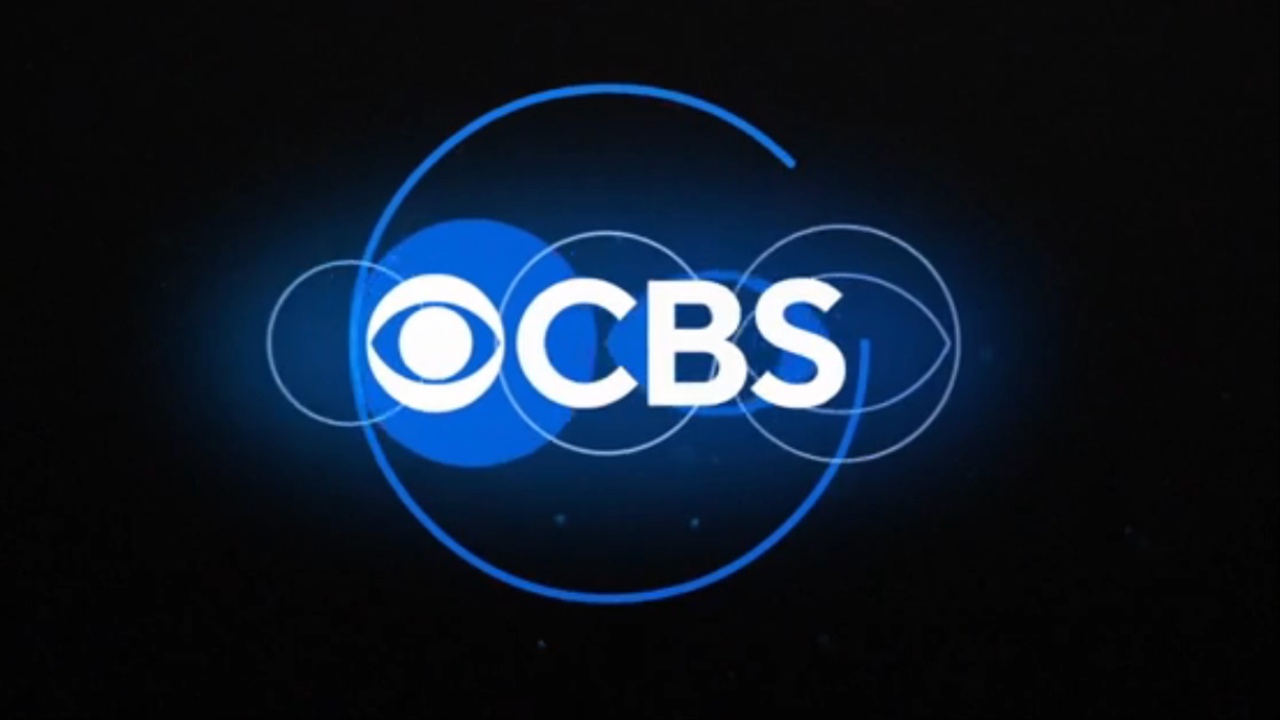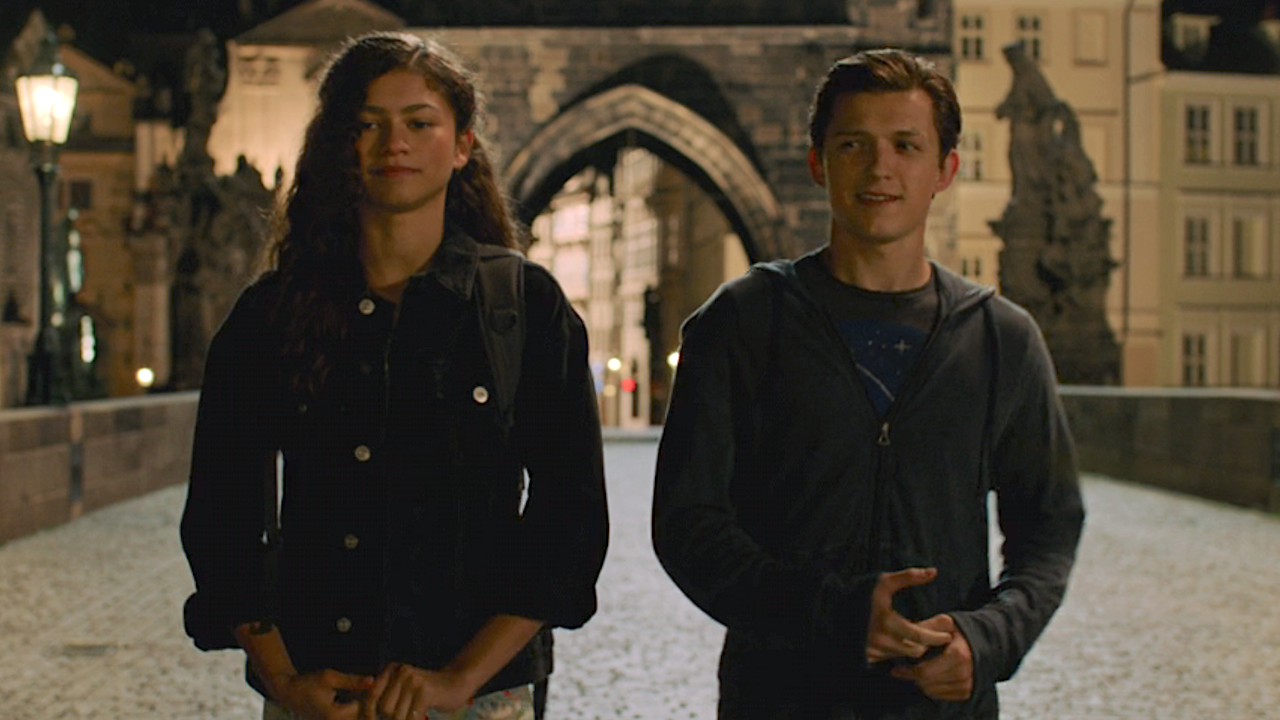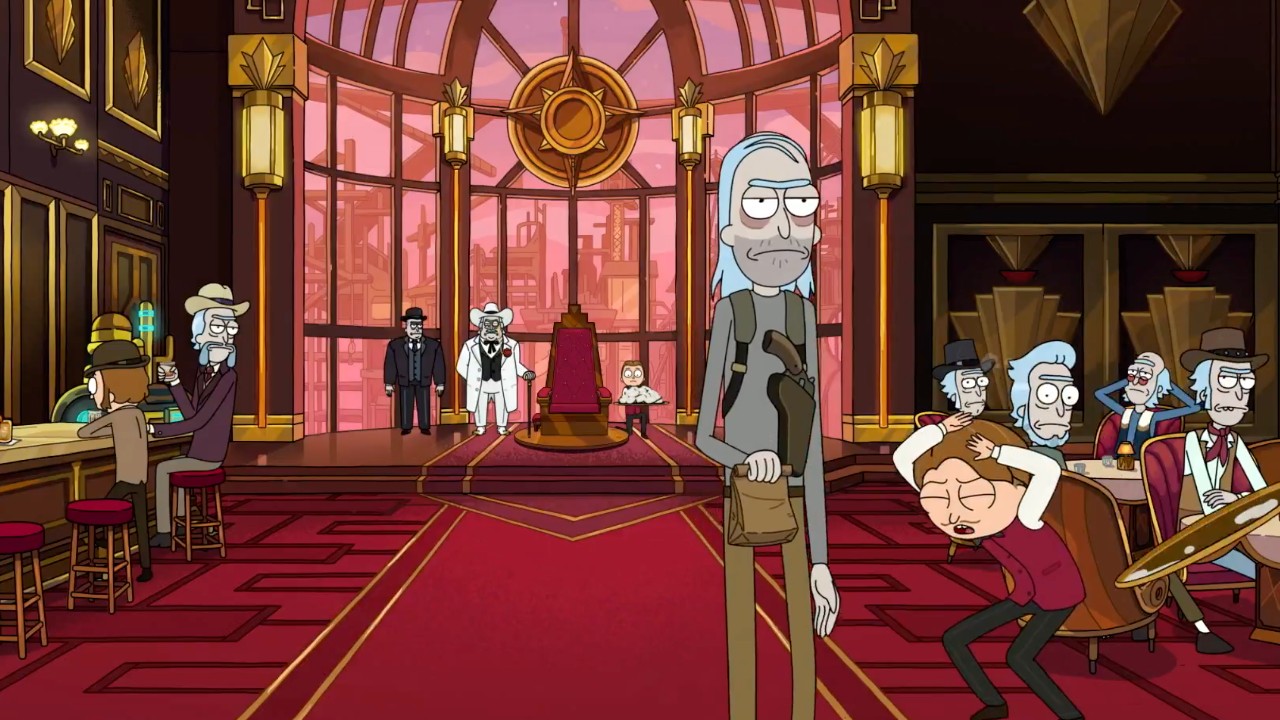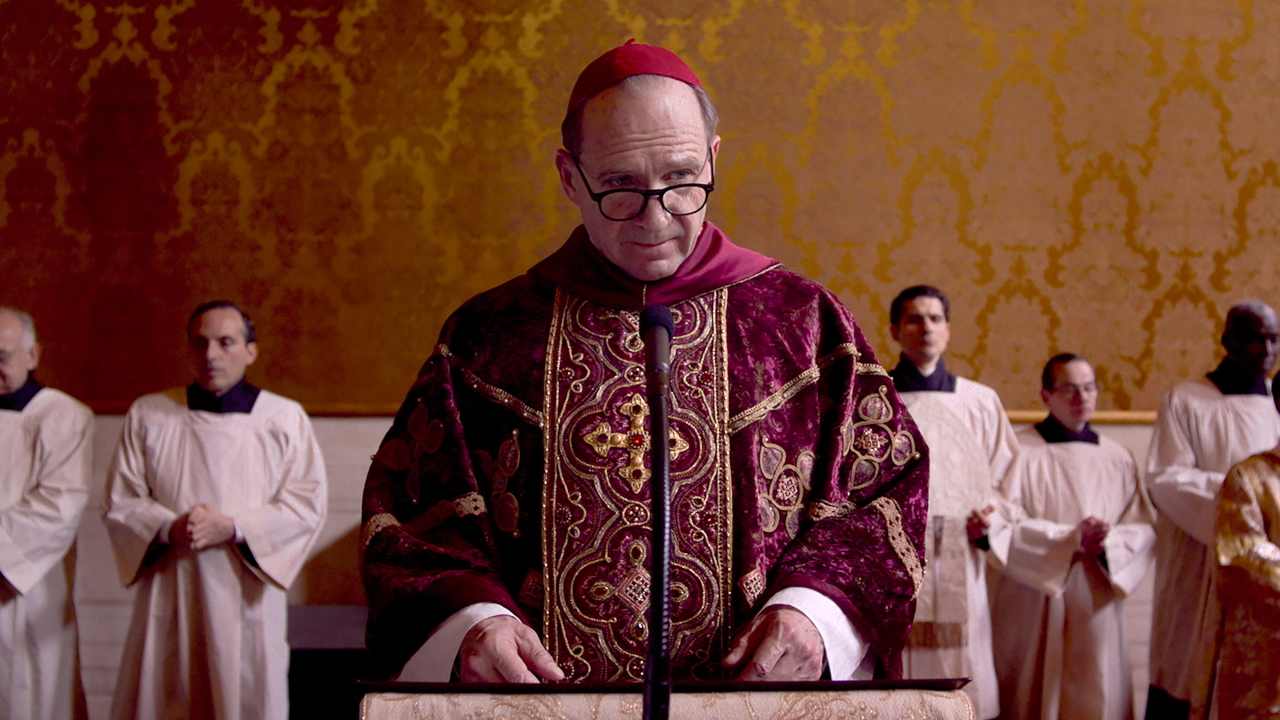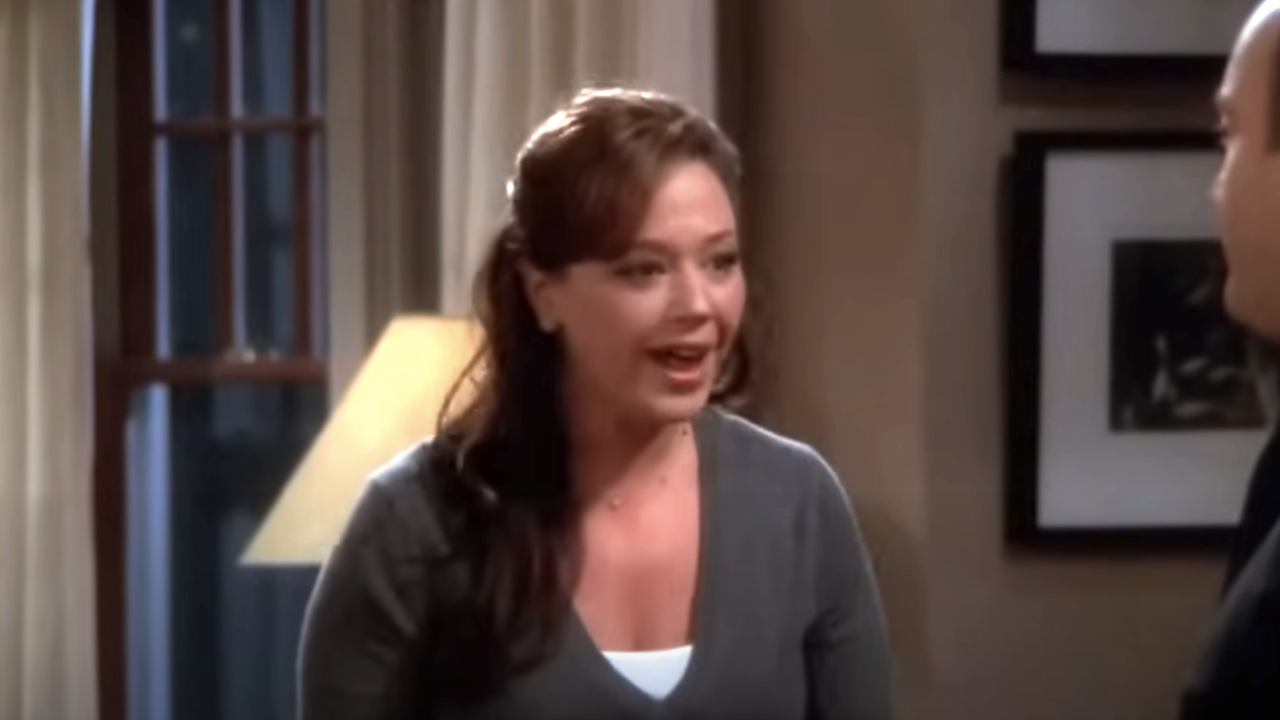Matt Smith Has Thoughts On Trigger Warnings, But I Still Think There’s An Obvious Solution To Work Toward
Instead of arguing about whether they should exist, let's work toward an easy solution that works for everyone.
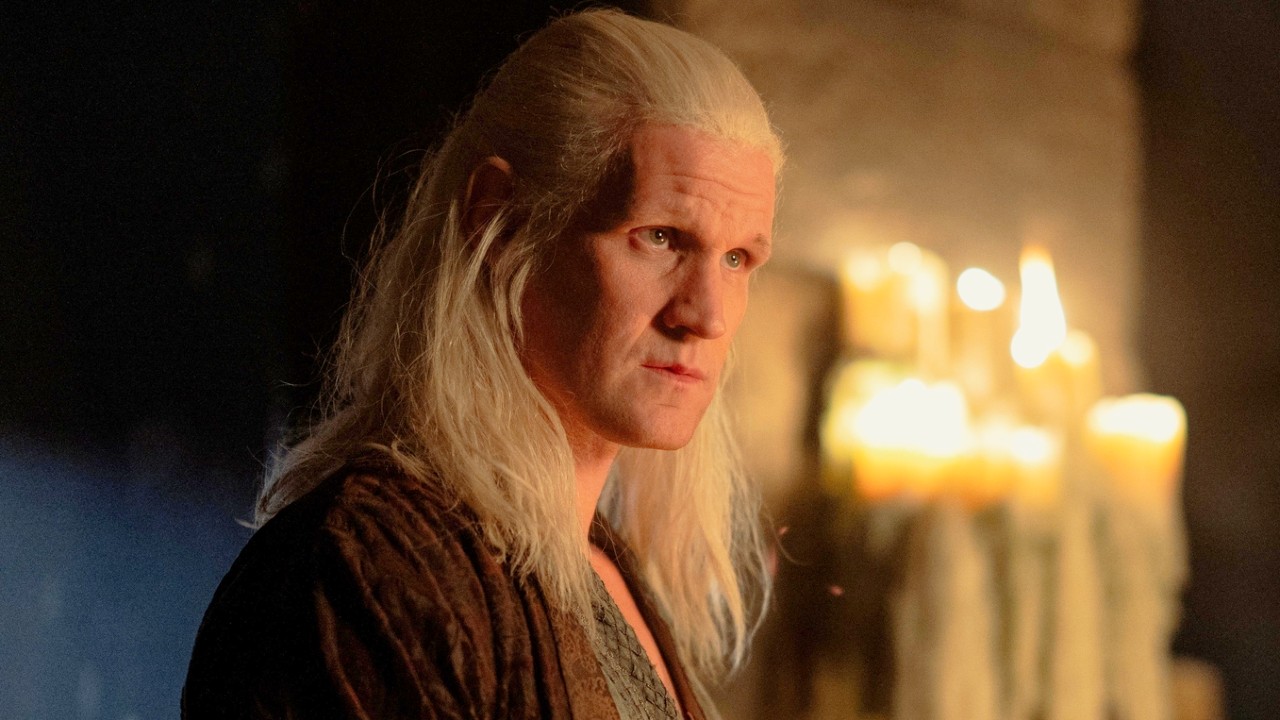
Ask five people about trigger warnings, and chances are you’ll get five different opinions. It’s one of those issues in Hollywood that people care about on an emotional level that goes beyond whether a show should have gotten cancelled or what the best streaming service is. Many people feel like, one way or another, trigger warnings have an impact on how art is consumed and whether or not they become the norm truly matters for the future of the industry.
Let the record show House Of The Dragon star Matt Smith, who is no stranger to triggering content, is among those with an opinion. The popular actor, who is best known to others for his time on Doctor Who, sat for an interview with The Times Of London, and he made it clear he feels stories are being policed too much. He wants to bring shock back, and because of it, he’s not in favor of trigger warnings. Here’s a portion of his quote…
Isn’t being shocked, surprised, stirred the point? Too much policing of stories and being afraid to bring them out because a climate is a certain way is a shame. I’m not sure I’m on board with trigger warnings. I used to go to a local video shop and get Slither, Basic Instinct, Disclosure — all these erotic thrillers. I was way too young to be watching them. I watched Friday the 13th when I was nine. Actually, that scarred me. Absolutely ruined me.
To be clear, when we’re talking about trigger warnings, we’re not talking about a movie’s rating or the little explanation for the rating in the upper right hand corner. Most people are perfectly fine w/ knowing subject matter is TV-MA and even if it contains nudity or violence or whatever. Those sort of vague warnings can be easily ignored, and even if someone does stumble into them, they often don’t give a ton away.
Instead, we’re talking about the increasingly more common trigger warnings, which are often a line of text that comes up before a movie or TV show. Most commonly, they tell viewers more specifically about subject matter that could cause a trauma response. For example: one might say “The following episode contains depiction of self-harm” or “... contains a scene featuring a sexual assault.” In more rare cases, they might say something like, “The following includes cultural stereotypes some viewers may find offensive.”
Advocates claim trigger warnings allow viewers to make informed choices on whether they want to watch content that could cause a trauma response. They feel people should know what potential triggers a piece of art has so they can make up their mind about whether they should watch. Critics, like Matt Smith, feel that being shocked or surprised is a part of consuming a TV show or movie. If you know what’s coming and have your guard up, it changes how you experience the moment in question. There are also many who feel, by putting trigger warnings on things, we’re subconsciously pushing filmmakers away from making bold choices or working with subject matter that’s considered taboo.
Personally, I think both camps are right. There are some people who want to be able to avoid certain subjects because they have the potential to put them in a bad mental place they don’t want to be in. That’s a valid point of view, and we should be doing what we can to accommodate those requests. But on the other hand, there are plenty of people who want to just jump into a movie or TV show and not have any idea what’s coming. They’re comfortable taking on the uncertainty and, as an adult, they should be free to be able to consume art without trigger warnings.
That’s why I don’t get why we’re not pursuing the really obvious solution here. TVs have never been more sophisticated and capable than they are right now. I can press a single button on my remote and get subtitles. I can press another and get a full description of the show I’m about to watch. Why can’t we just flash a message on the screen that gives both parties what they want? Maybe it could say “This show contains material some may find triggering. For more details, click (whatever button we want to use).” That would allow people to get the full trigger warning if they want it, and it would allow other people to consume without getting spoiled.
CINEMABLEND NEWSLETTER
Your Daily Blend of Entertainment News
Personally, I like jumping into a movie or TV show knowing as little as possible. After I accidentally saw one movie thinking it was another one, I fell in love with going in completely blind. Sometimes that means I come across something like Midsommar that takes me on a ride I’m not prepared for, but to me, that’s fine and I’ll take that risk. I wasn’t happy about Severance spoiling a key plot point with a trigger warning, and the idea of that sort of thing becoming increasingly common is very frustrating to me.
But at the same time, my heart breaks for people who have gone through something traumatic and want to use entertainment to escape. They need an easy way to be able to see whether material is a good fit for them, and traditional ratings just aren’t descriptive enough. I want people who want trigger warnings to be able to get them - just not at the expense of spoiling everyone else.
That’s why, instead of arguing about whether trigger warnings should exist, we should put our efforts into making it easy for people to either get them or ignore them based on their own preferences. It wouldn’t be hard at all to do that with modern televisions. Let’s make it happen.
Mack Rawden is the Editor-In-Chief of CinemaBlend. He first started working at the publication as a writer back in 2007 and has held various jobs at the site in the time since including Managing Editor, Pop Culture Editor and Staff Writer. He now splits his time between working on CinemaBlend’s user experience, helping to plan the site’s editorial direction and writing passionate articles about niche entertainment topics he’s into. He graduated from Indiana University with a degree in English (go Hoosiers!) and has been interviewed and quoted in a variety of publications including Digiday. Enthusiastic about Clue, case-of-the-week mysteries, a great wrestling promo and cookies at Disney World. Less enthusiastic about the pricing structure of cable, loud noises and Tuesdays.

